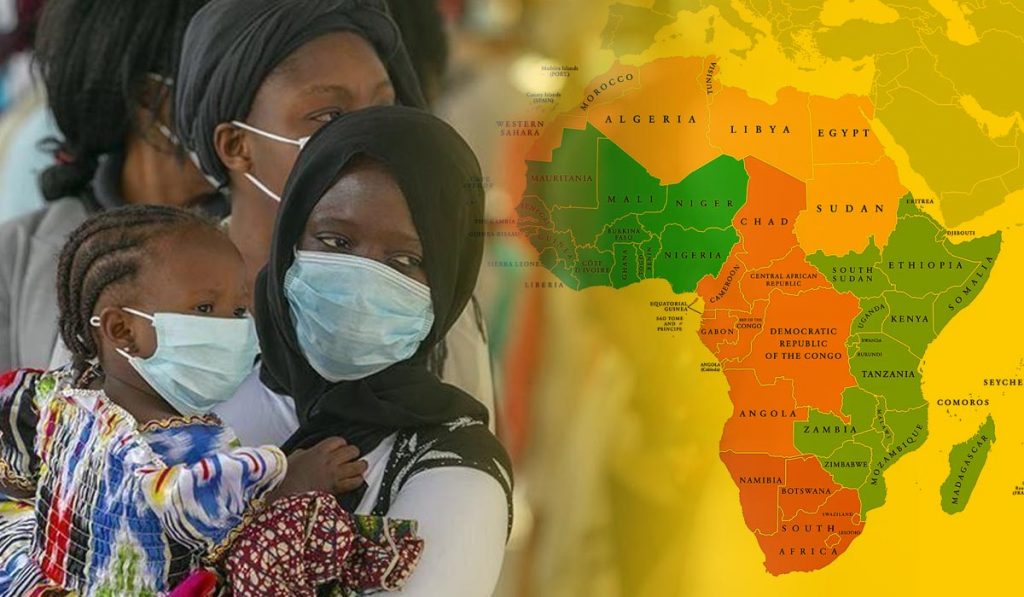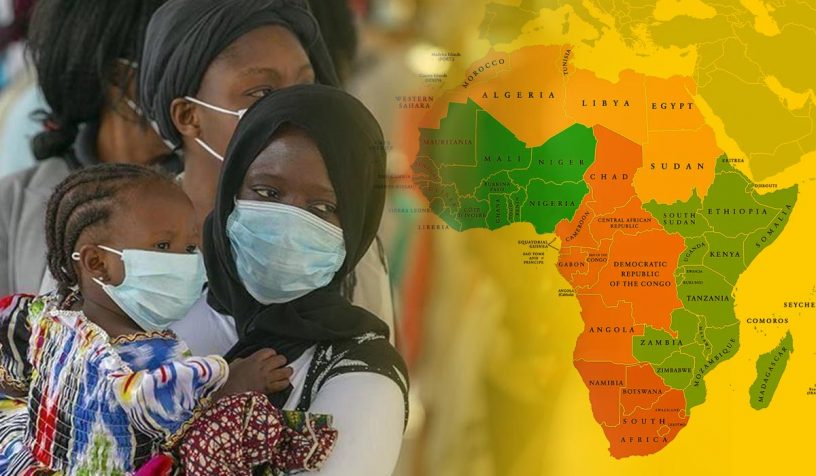
Focusing on Nigeria and Kenya, this paper critically sheds light on the socio-legal challenges posed by extant insolvency law regimes in both countries and their unsuitability for driving SME rescue.
Authors
Williams C Iheme, Associate Professor, Jindal Global Law School, O.P. Jindal Global University, Sonipat, Haryana.
Sanford U. Mba, Senior Associate in the law firm Dentons ACAS.
Summary
Small and Medium Enterprises (SMEs) play a significant role in the economy of developing countries. Although SMEs contribute to economic growth, they still struggle with access to finance and cash flow constraints.
The coronavirus (COVID-19) pandemic worsened this situation, making it necessary for countries to develop rescue regimes suitable for financially distressed SMEs.
Focusing on Nigeria and Kenya – which represent the largest economies in West Africa and East Africa respectively – this paper critically sheds light on the socio-legal challenges posed by extant insolvency law regimes in both countries and their unsuitability for driving SME rescue.
As a conversation starter in the African context, the authors identify transplanted concepts and structures which make SME rescue a futility, in the light of local circumstances, while proposing solutions tailored to the social milieu of both countries.
Published in: Journal of Comparative Law in Africa
To read the full article, please click here.


